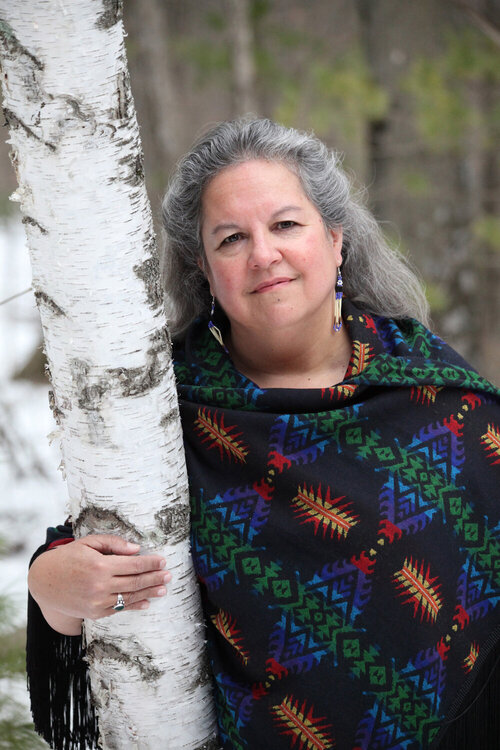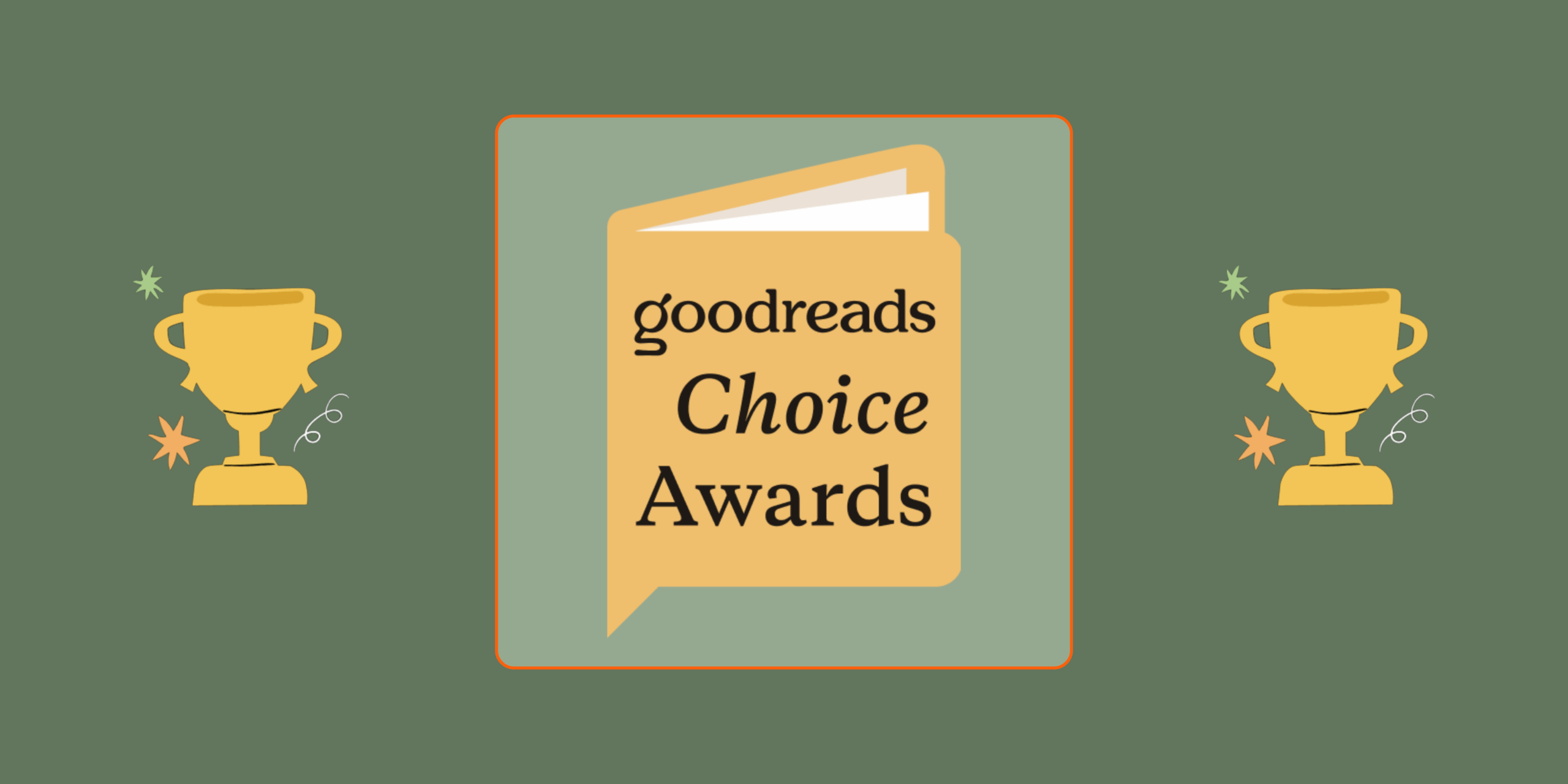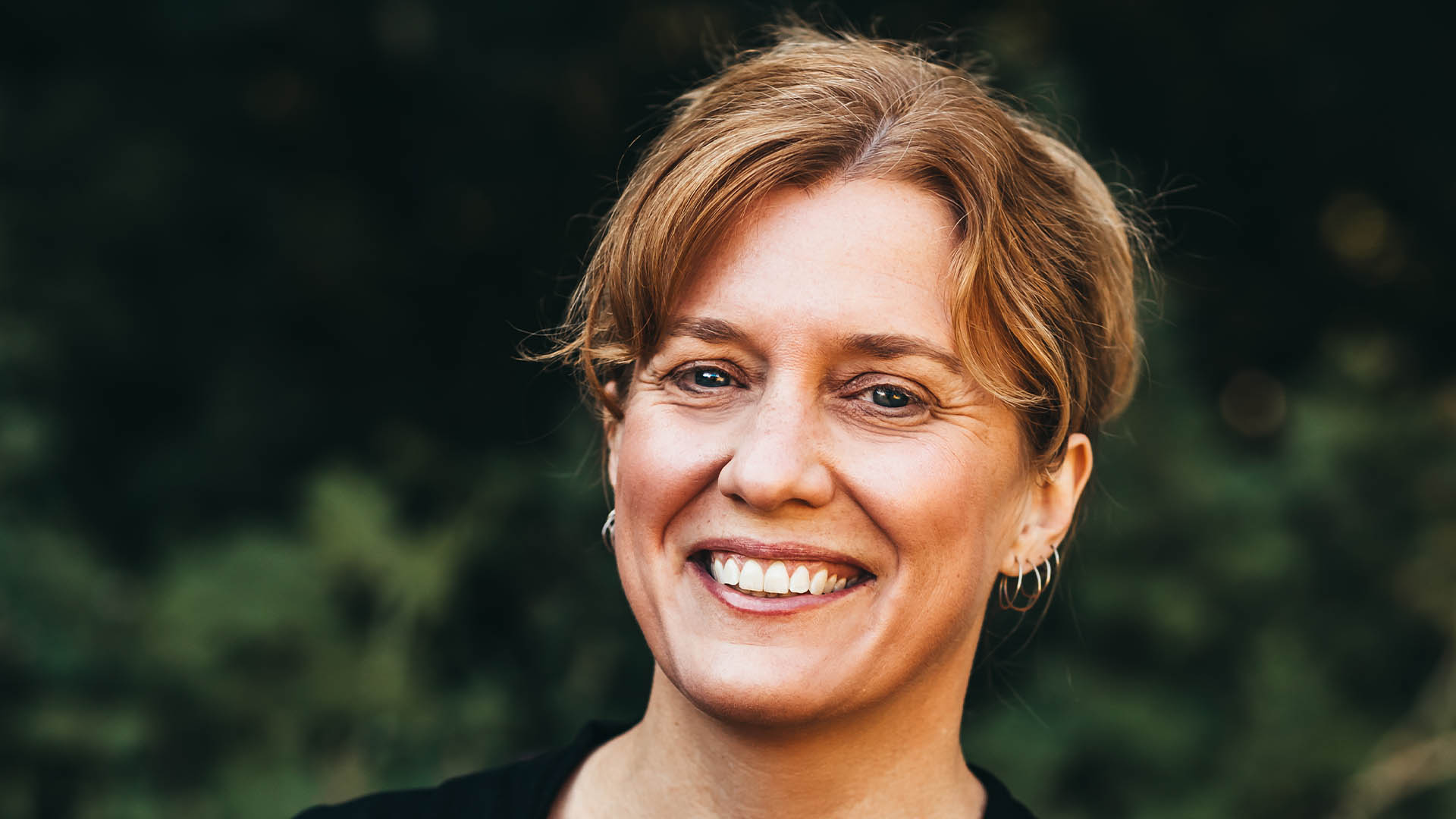Courtesy of The Source Weekly
Posted March 10, 2021
One of the benefits of the pandemic (yes, there are a few benefits…) is that previously inaccessible experiences are now open and there for many more people. With virtual museum tours, zookeeper talks or free online courses, the many ways to expand our minds has certainly increased. One such opportunity is coming soon to our Central Oregon community: The Deschutes Land Trust has moved its annual Nature Night series to the virtual world and is hosting Dr. Robin Wall Kimmerer for a talk on Restoration and Reciprocity for its March Nature Night.
Kimmerer is a mother, scientist, decorated professor and enrolled member of the Citizen Potawatomi Nation. She is the founder and director of the Center for Native Peoples and the Environment, whose mission is to create programs that draw on the wisdom of both indigenous and scientific knowledge for shared goals of sustainability. Kimmerer earned wide acclaim for her book, Braiding Sweetgrass: Indigenous Wisdom, Scientific Knowledge and the Teaching of Plants.
In advance of her talk, Kimmerer was kind enough to answer a few questions.
Source Weekly: What does building a relationship with nature mean to you?
Robin Wall Kimmerer: For me a relationship with the natural world grows from paying attention, from really seeing the lives of other beings. It generates wonder and compassion for those beings, and gratitude for them…which leads to the natural impulse for reciprocity.
SW: Why do we need to build these relationships?
RWK: There is abundant evidence that a relationship with nature is beneficial for mental and physical health in humans. But quite apart from our own benefits, a relationship with nature means that we will be more activated to sustain the living world which sustains us.
SW: What do restoration and reciprocity have to do with the natural world?
RWK: Reciprocity is the act of giving back for all of the gifts that we have been given and restoration is a powerful way of giving back through application of our science, art, care and hands in the soil. Restoration is imperative, to heal the damage that we have done to living systems.
SW: How do we shift from a culture/concept of “natural resources,” whether that’s timber, water, or recreational access, to a concept of “gifts of the earth” and a reciprocal relationship with the natural world?
RWK: Well, that is the main question of my book Braiding Sweetgrass, and there are many answers. But I think it comes from gratitude. When you remember that water and forests and birdsong are not your entitlement, not your property, but are the gifts of other beings, that you have not earned…then you feel so grateful for those gifts. And we treat gifts very differently than we do commodities, we can move away from exploitative economics to regeneration. Gratitude is the doorway to reciprocity—we want to give a gift in return and humans have gifts of care for the earth.
March Nature Night: Restoration and Reciprocity with Dr. Robin Wall Kimmerer
Wed., March 17, 7pm – Virtual
Register here – Free!




